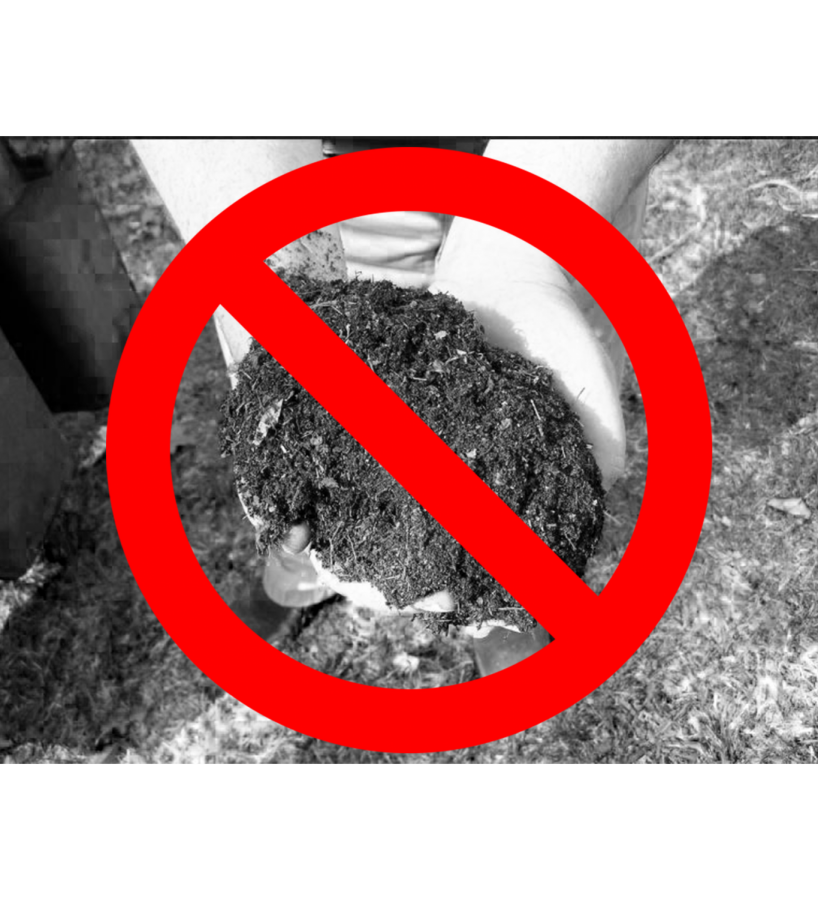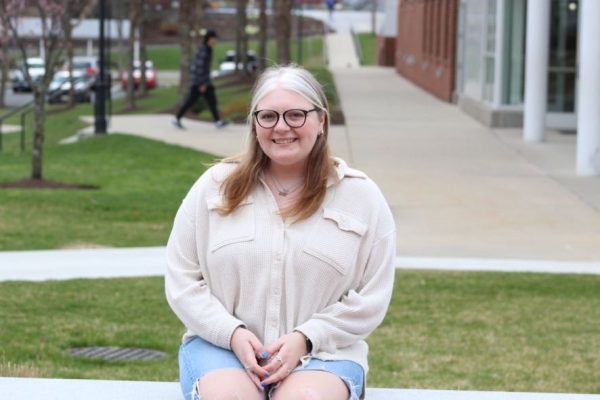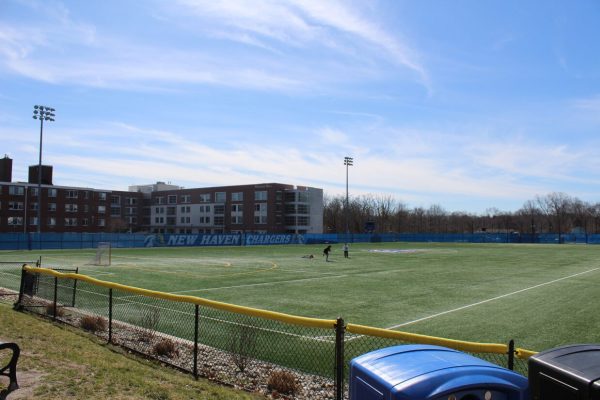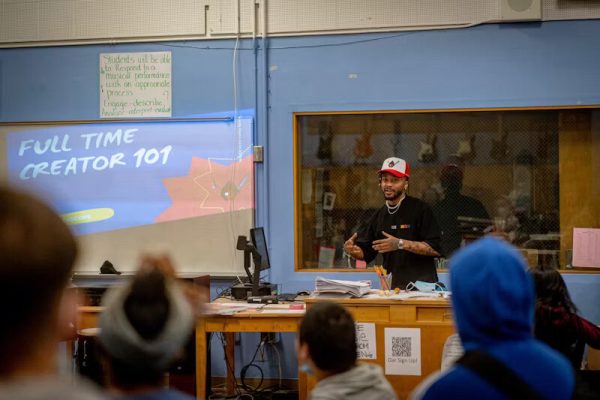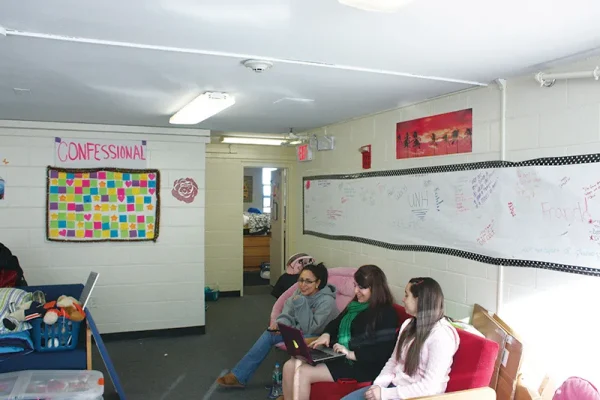U. New Haven Needs to Stop Fertilizing its Lawns
The University of New Haven’s website states it has a “Culture of Sustainability,” as shown by the presence of solar panels and trayless dining. However, the university continues to take part in one of the most wasteful and ultimately useless forms of pollution: the use of fertilizers in its lawns.
Fertilizers cause “eutrophication,” or the excess input of nutrients into aquatic environments. Eutrophication comes from a wide variety of sources, including untreated sewage, agricultural waste, runoff of fertilizers, and burning fossil fuels. While nutrients like phosphorus and nitrogen are necessary for most forms of life, excessive nutrients can cause harmful algal blooms which threaten the environment and human health.
Algal blooms are a serious threat to coastal ecosystems like the Long Island Sound. When an algae bloom decomposes, it creates areas of low oxygen in the water, which can create a lifeless dead zone. The Long Island Sound dead zone had an area of 89 square miles in 2018, making it larger than Martha’s Vineyard.
Eutrophication poses a risk to some of the most important and vulnerable ecosystems in Long Island Sound: seagrass meadows and salt marshes. Algal blooms smother seagrass by depriving them of light and eutrophication damages salt marshes, making them more vulnerable to erosion and collapse.
Wildlife throughout Long Island Sound rely on salt marshes and seagrass. Both ecosystems provide crucial nurseries for commercially important fish and invertebrates. Northern lined seahorses in Long Island Sound rely on seagrasses for shelter and mating grounds. Endangered sea turtles eat seagrass and a wide variety of birds rely on salt marshes.
Most importantly, salt marshes and seagrasses play a vital role in storing carbon dioxide by trapping it in extensive root systems. Per acre, they are more effective carbon sinks than vital tropical rainforests, although rainforests store more because they cover larger areas. Just like terrestrial forests, salt marshes and seagrasses must be protected to prevent climate change.
The University of New Haven has already taken a significant step towards sustainability by sourcing shrimp from farms that don’t harm mangroves. The university can improve its “culture of sustainability” and image by removing wasteful, ugly fertilizer from its lawns.
The impact of fertilizers on the ecosystems of Long Island Sound and climate far outweigh the benefits of making our grass a little greener. Instead of conforming to the same path set by common landscaping practices, the university should lead the way towards cleaner, more environmentally-friendly landscaping.
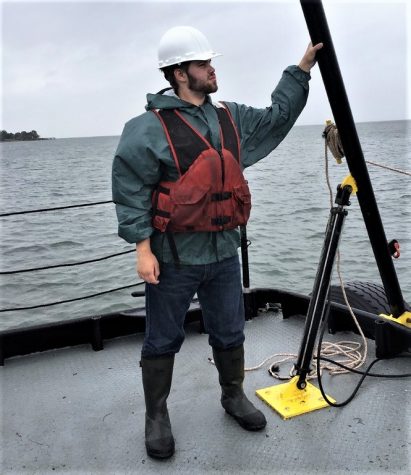
Reginald Walden is a junior majoring in Marine Biology with a minor in Communications. He is a member of the Delta Alpha Pi Honor Society, Marine Biology...

Senior Tyler Butler is coming to a close with his collegiate career at the University of New Haven. He is pursuing a degree in Communications, with a focus...

